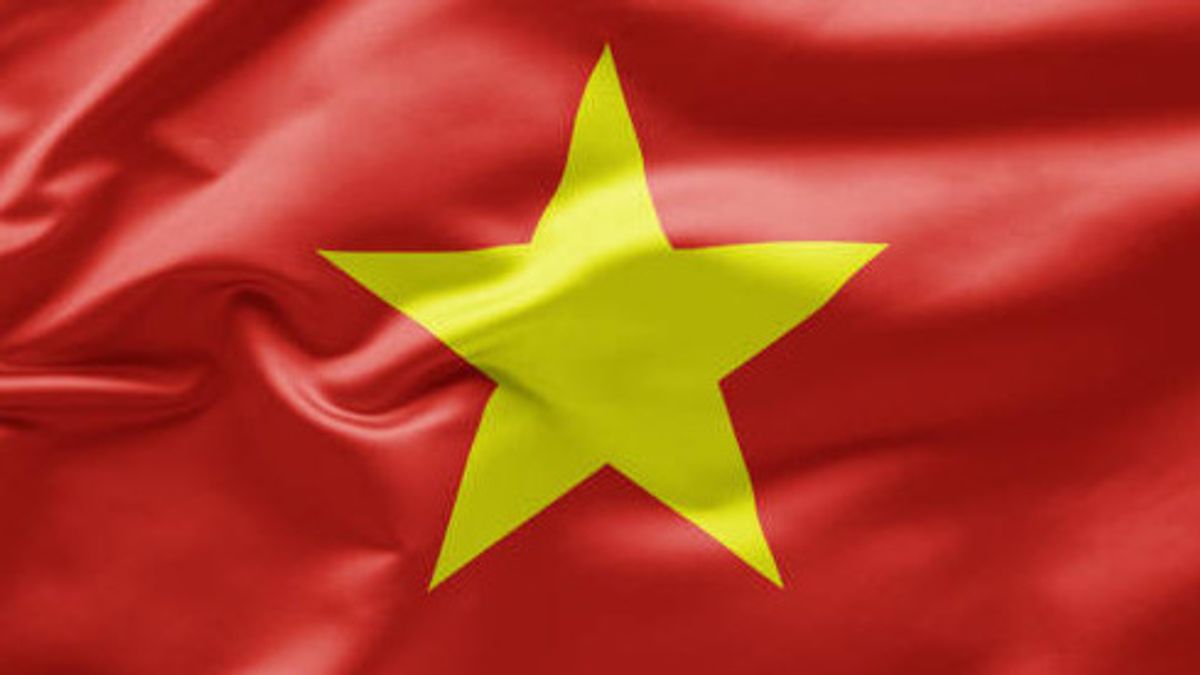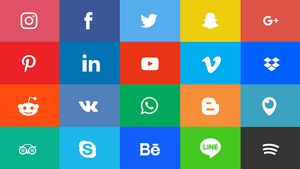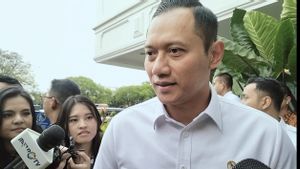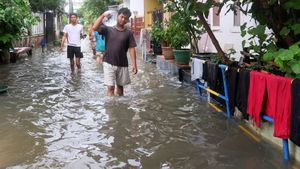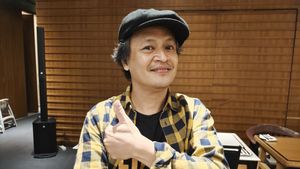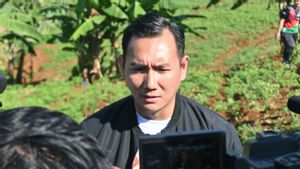JAKARTA – The Vietnamese government is preparing new rules to limit which social media accounts can post news-related content. As quoted by Reuters from three sources, this decision comes as the authorities want to tighten their control over news and information sources in the country.
The rules are expected to be announced by the end of this year. However, the details of the regulation have not yet been decided. The rules, however, would set the legal basis for controlling the spread of news on platforms like Facebook and YouTube while placing a significant moderating burden on platform providers.
The source asked not to be named, as discussions about the new rules are still confidential. Vietnam's Ministry of Information and Communications and the Ministry of Foreign Affairs did not immediately respond to requests for comment.
"The government wants to fix what it sees as 'news' on social media," said one of the sources familiar with the talks. "News-lisation", or báo hoá, is a term used by authorities to describe misleading users into thinking that social media accounts are official news outlets.
Vietnamese government officials have held secret meetings with popular social media and internet companies to advise them on which types of accounts will be allowed to post news content under the new rules.
"Authorities will be able to order social media companies to ban accounts that violate those rules," the source added.
Vietnam's ruling Communist Party has maintained strict media censorship and tolerates little dissent, with one of the world's strictest internet regimes and national guidelines on social media behavior.
Two sources with direct knowledge told Reuters that more rules on the internet and social media platforms would be introduced sometime in the fourth quarter of 2022 to early 2023.
As young, tech-savvy Vietnamese increasingly turn to social media for information, the platform has become the target of government efforts to restrict the flow of news from unauthorized sources.
Vietnam is a top 10 market globally for Facebook with 60 million to 70 million users, according to 2021 data. Sources familiar with the matter say that the Vietnamese market generates about $1 billion in annual revenue for the social media company, surpassing even France.
According to the Vietnamese government's 2021 estimate, YouTube has 60 million users in Vietnam and TikTok has 20 million. While Twitter remains a relatively minor player.
SEE ALSO:
Meta Platforms Inc, which owns Facebook and Twitter Inc, declined to comment on the proposed rule. Alphabet Inc's Google and YouTube did not respond to requests for comment. TikTok said in a statement that it handles content violations under applicable law and in compliance with its guidelines, but did not comment on Vietnam's pending regulations.
The Vietnamese government last July adopted a set of non-binding guidelines on what qualifies as a news outlet, including criteria to distinguish "real" and "fake" news outlets. They warn that some social networking sites include accounts that mislead users into thinking they are social media like newspapers. The guidelines are expected to be incorporated into the new rules, which will be binding.
Authorities are also expected to implement new rules that require social media platforms to immediately remove content deemed to endanger national security, and remove illegal content within 24 hours.
Sources also told Reuters in April that the new rules, originally planned for this July, reflected the government's dissatisfaction with the current level of removal of social media platforms.
This will be done through amendments to the country's major internet laws.
Vietnam last August also issued a new regulation, which will take effect from October, that would require technology companies to store user data locally and have to set up local offices.
The English, Chinese, Japanese, Arabic, and French versions are automatically generated by the AI. So there may still be inaccuracies in translating, please always see Indonesian as our main language. (system supported by DigitalSiber.id)
